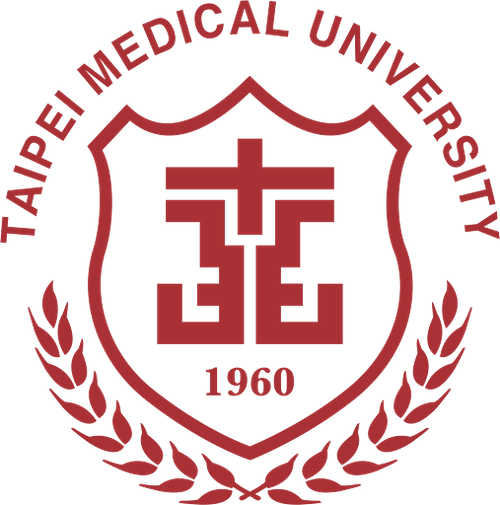Home › Programs › English-Taught Master's Degree Program › Mind, Brain, and Consciousness at Taipei Medical University


This award is available to pursue a full-time Master’s degree program in Mind, Brain, and Consciousness at Taipei Medical University (TMU). The program is taught in English.
The Graduate Institute of Mind, Brain and Consciousness (GIMBC) conducts experimental work on the neuroscience of consciousness and cognition. GIMBC conducts research at multiple levels (healthy, diseased, animal and computational work), and is equipped with EEG, fMRI/MRS, TMS, tDCS, SCR, VR, eye tracker, and driving simulator. Research topics span across philosophy, cognitive psychology and neuroscience, such as neuro-ethics, attention and memory, sleep, mindfulness, selfhood, circadian rhythm and mood, and social cognition. With close ties with TMU’s 3 affiliated hospitals – TMU Hospital, Wan Fang Medical Center, and Shuang Ho Hospital – GIMBC also conducts research in neurological and psychiatric populations, including bipolar disorder, depression, schizophrenia, and Alzheimer’s disease.
As TMU rises in global and Asia ranking, it builds on a strong performance record in the QS World University rankings. Essential Science Indicators (ESI) recognizes the outstanding performance of the six disciplines (Clinical Medicine, Neuroscience & Behavior, Pharmacology & Toxicology, Social Science-General, Biology & Biochemistry, and Agricultural Science) in TMU as part of the top 1% in medical fields worldwide. With a very well-received five-year development proposal, TMU was awarded the Ministry of Education’s Higher Education Sprout Project, with special annual funding to support TMU’s education and research portfolio.
The award is co-sponsored by Taipei Medical University. The program will take 2 years to earn a master’s degree, and TMU offers full tuition waivers and student dormitory as long as the candidate maintains satisfactory academic standards.
As Taiwan’s vibrant capital, Taipei sits in the northern part of the island. Nestled in a basin surrounded by mountains, the city offers a unique blend of urban convenience and natural beauty. It is also the political and economic heart of Taiwan, providing easy access to key institutions, research facilities, and leading industries. Within a short distance, students can experience bustling city life, hike in mountains, or visit nearby hot springs. This location, combined with Taipei’s well-known night markets, iconic landmarks like Taipei 101, and rich cultural offerings, creates an exciting and dynamic environment for international students to live, study, and grow professionally.
2.65 million (2024)
Taipei has a humid subtropical climate, hot summers and mild winters. The average temperature in summer ranges from 27°C to 33°C (80°F to 91°F), while winter temperatures typically fall between 15°C and 20°C (59°F to 68°F). Summers are hot and humid with occasional rainstorms and typhoons, while winters are short, generally warm, and often foggy.
Note: Please find Fulbright grant benefits at Fulbright Taiwan, and submit the Fulbright application via IIE system by October 7, 2025.
